As Nov. 5 approaches, Republicans and Democrats are pulling out all the stops to get every voting bloc on their side. Gen Z made a difference in the last midterm elections; now, both parties are banking on Zoomers.
Generation Z, known as Gen Z, are people born between 1997 and 2012. According to the Center for Information and Research on Civic Learning and Engagement, a nonpartisan, independent research organization, Gen Z’s issue priorities are inflation, climate change, and reproductive rights.
Fifty-seven percent of Gen Z voters are extremely likely to vote in November, according to the Civic Learning Center.
The crisis in the Middle East is also a deciding factor for young people to vote or not.
“It weighs on my mind every day; to keep seeing the bloodshed in Gaza, they cannot even catch a break,” said Kevin Williams, a busboy, at a Baltimore restaurant, referring to Palestinians.
“And to know, we are financing that in some way does not give me hope as to who to vote for because nothing is going to change, I might just sit this one out,” he said, referring to US support for Israel.
Teen passion, new voter
Jameera Stanton, a General Studies student at Community College of Baltimore County said she got more into politics after turning 14.
“I usually just sat on the sidelines as all the adults in my family voted,” she said.
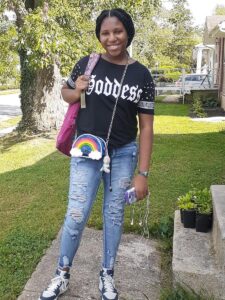
“Now that I am 18, being able to cast my very own vote in an attempt to make a difference for the better makes me happy,” she said.
“What matters to me most is making sure I do not put myself in jeopardy by voting for the wrong person to run my country,” she said.
“I want to ensure I can build a life for myself, and rooting for the best candidate means a lot to me. I want a good president to be in charge as I go through it,” Stanton said.
Both the Democratic and Republican parties are mobilizing to get this young voting bloc to the polls, particularly in Maryland, where there is a highly contested senate seat race between Republican Larry Hogan and Democrat Angela Alsobrooks.
According to the latest Pew Research Center, data, about two-thirds of voters ages 18 to 24 (66%) associate with the Democratic Party, compared with 34% who align with the Republican party.
Republican Liliana Norkaitis, in charge of turning out the youth votes for the party locally, said that the Gen Z vote will ultimately determine the outcome of the presidential election, lower ballot races, and the senate and congressional races in Maryland.
“I strongly believe that the youth vote has an influence on these elections, this November race more so because young people are becoming more educated on issues,” she said.
She said that Republican college students might be in other states so “we just make sure that they know they can vote in Maryland while away.”
On the Democratic side, Maryland State Del. Joe Vogel, tasked with getting out the Gen Z votes for his party locally, said young people know that Democrats are the ones who are on their side.
“Democrats are the ones who are going to fight for reproductive rights, gun safety, protect the environment, protect the planet, and it is the Democrats who are going to make it easier to go to college and afford to find a place to live,” he said.
Vogel called the contrast between candidates stark. He said young voters know that “and as a result, they’re choosing to engage in this race.”
Tyrik Leach, a student at Baltimore City Community College studying Cybersecurity and Assurance, said that he’s participating in this election because he believes it has the potential to drastically change his future.

“So far, from observing each side, Democrats and Republicans campaign, the Democrat candidates’ campaign aligns with my beliefs on what my future should be. Kamala/Walz seems to be more progressive, pushing for lifelong upward mobility,” he said.
“For example, one of Kamala’s proposals includes $25,000 first-time homebuyer down payment assistance and I believe that is really important,” he said.
Jereah Allen an administrative worker with the Maryland state government said she’s not optimistic about voting this time.
“I’m honestly not excited to participate in this election, neither candidate has really sold me on why I should vote for them,” she said.
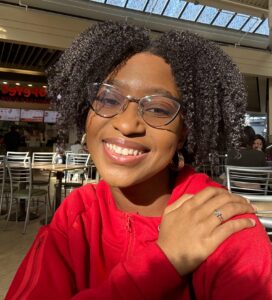
“I often feel that I’m too liberal to be a conservative, yet too conservative to be a liberal. I wanted to give my vote to RFK or Jill Stein, but I know neither candidate will end up as President,” she said.
“But I will still participate in this election because I understand that my vote is valuable, there are so many individuals in this country who would like to vote but cannot, for example, felons,” she said.

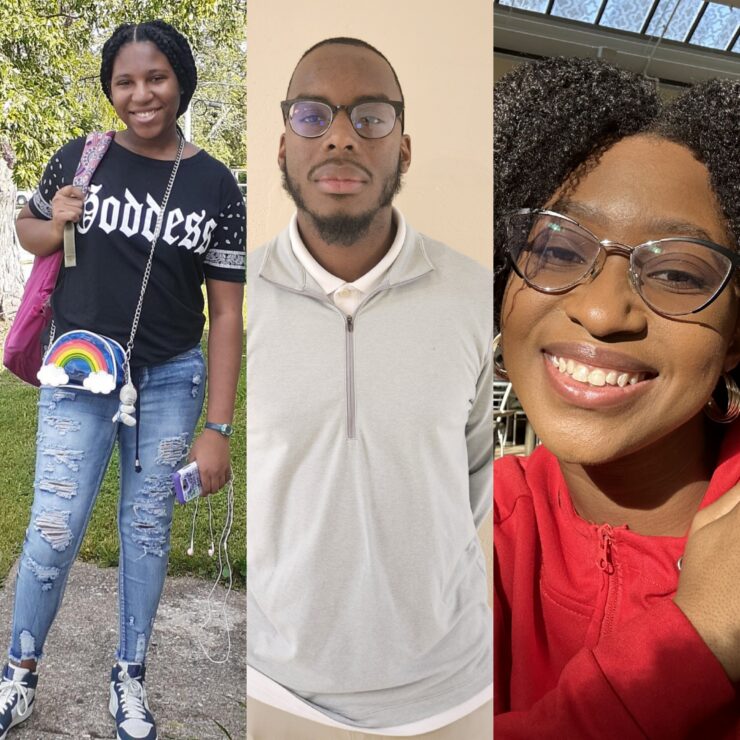

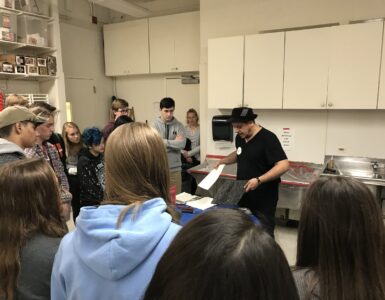
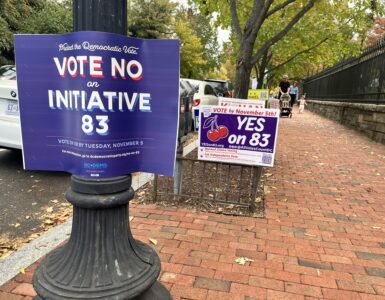










Add comment